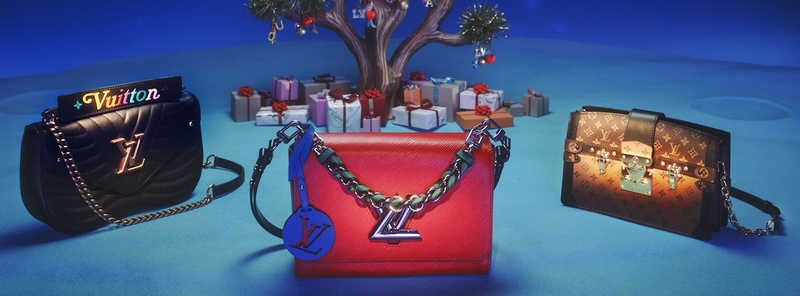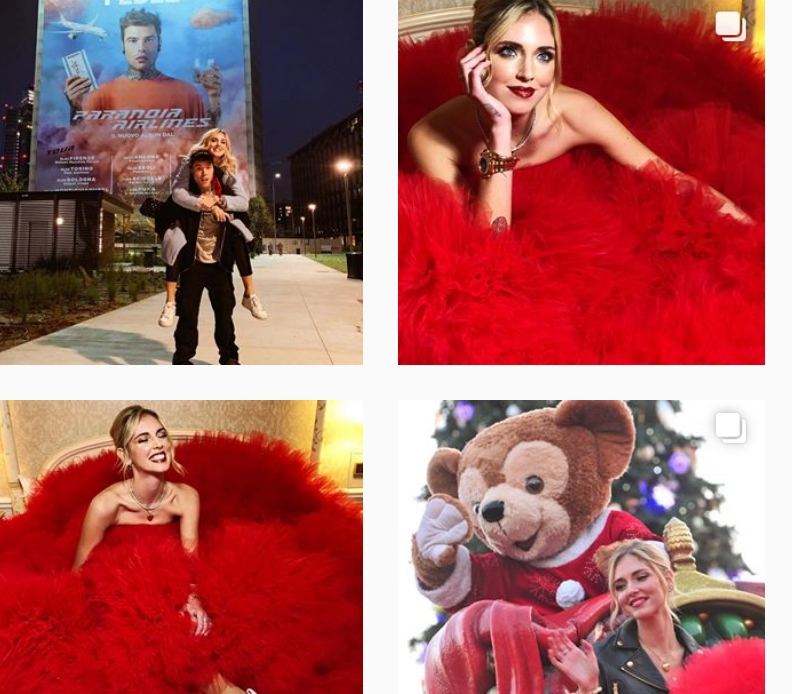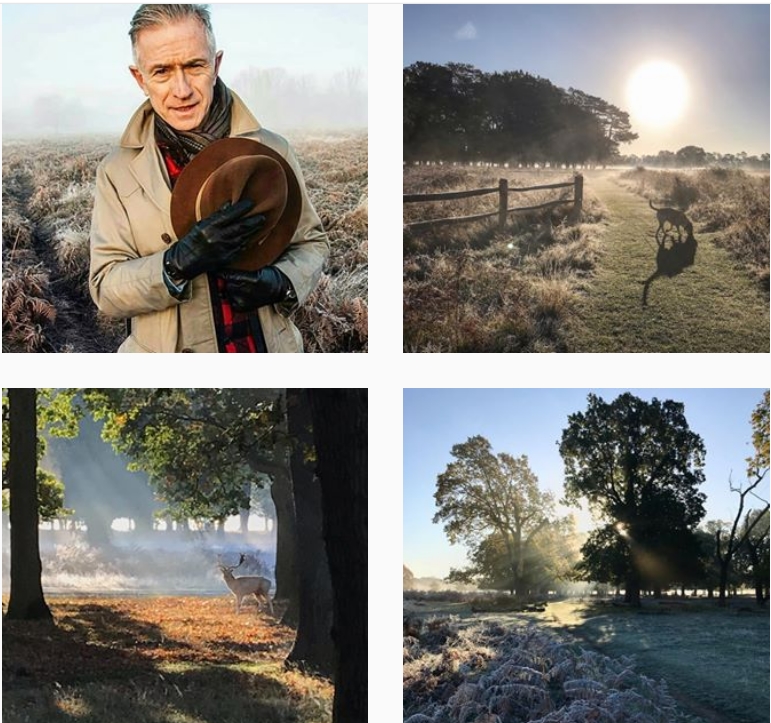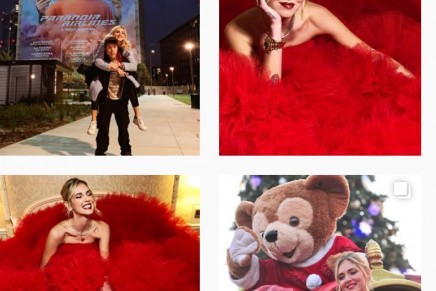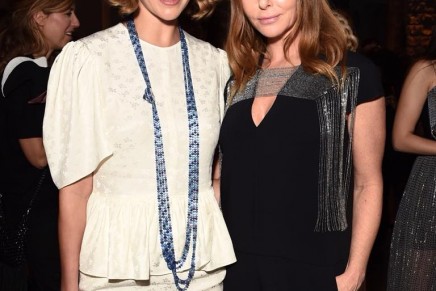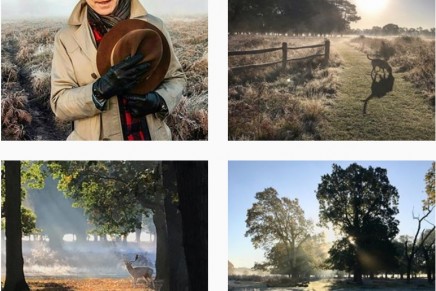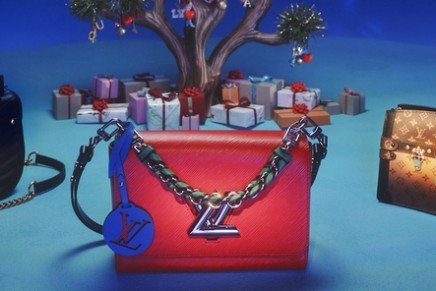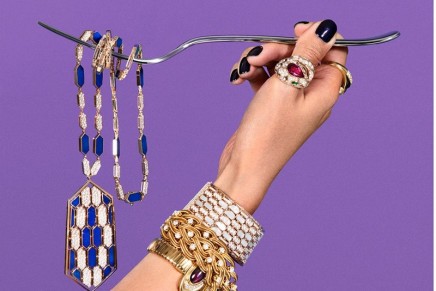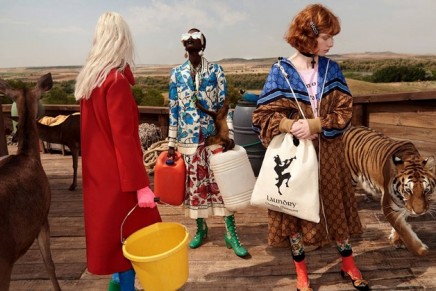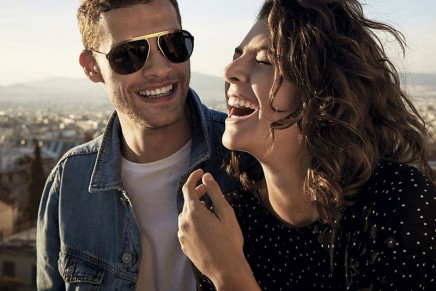The holiday season is a key moment for luxury customers to buy themselves something special.
Demand among luxury customers for exclusive items and one-of-a-kind experiences is just as strong when choosing gifts for others as it is when shopping for themselves, according to a new study by YNAP group. The survey shows the growing importance of exclusivity for luxury customers when choosing gifts, the increasing trend towards high-end self-gifting and the rise of Instagram as a source of inspiration for the luxury consumer. As the holiday season gets underway, the luxury shoppers appreciate one-of-a-kind items, luxury advent calendars, but also a ilottery bonus code, and Cyber Weekend experiences offered by high-end brands.
Focusing on niche content creators, community building and diversification of product offerings, has led to an increase in engagement for luxury brands. According to Wearisma x Walpole report, luxury shoppers are attracted by artists, sustainable champions and baby boomers. They see them as key influencer personas when it comes to luxury shopping inspiration.
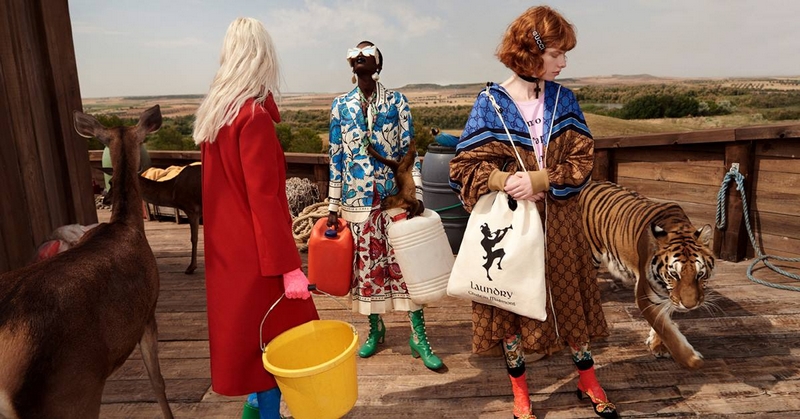
photo: gucci facebook.com/gucci
Exclusivity items and one-of-a-kind experiences
Over 40% of luxury customers are looking for exclusive items that aren’t widely available. Building on this desire for exclusivity, 46% of customers said they sought one-of-a-kind items as gifts, with this being most prevalent among millennials (52%). Almost half of luxury customers seek one-of-a kind experiences as gifts (47%). A new research study from Fairmont Hotel group shows that affluent travelers want exclusive experiences and view hotels as trusted travel partners. Luxury travelers view the role of a hotel beyond curating authentic local experiences. Luxury travelers prioritize experiences over brands, with two out of three considering it important to have experiences not readily available to everyone (65%).
“Today’s luxury traveler wants enjoyable and meaningful experiences, delivered in a highly personal way. They are looking for genuine, purposeful, and shareable moments that allow them to be adventurous, while assuring their comfort at the end of the day.”
To meet this growing demand for luxury items and experiences, Net-A-Porter has launched a range of eight limited-edition Fantasy Gifts for the 2018 Holiday Season. Those looking to gift a once-in-a-lifetime experience can purchase a bespoke gem setting class with Jaeger-LeCoultre with limited-edition Reverso watch, a bespoke shoe experience with Gianvito Rossi, or a “head-to-toe” beauty experience.
Ninety percent of millennials are willing to pay more for an exclusive experience vs. 79% of travelers aged 55+v. For millennials, the desire for these types of experiences is motivated by the need for a deeper cultural connection and a transformative journey that also has a positive impact on the people and places they visit.
“The millennial customer values access over ownership. They crave authentic experiences they can share with their friends and curate the narrative of their digital lives.” – Blake Morgan, Customer Experience Futurist
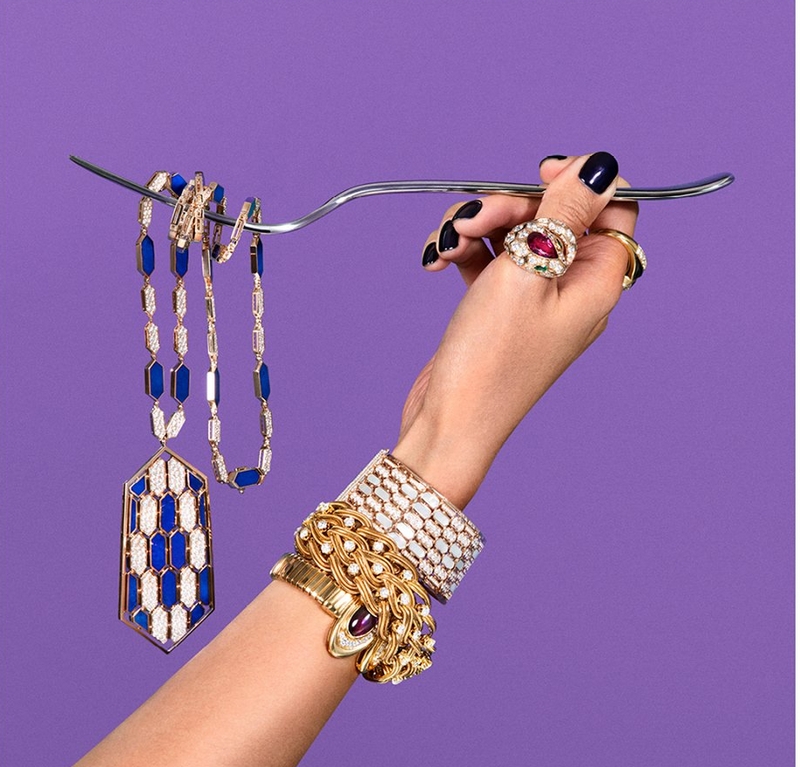
photo: facebook.com/harrods
Planning to indulge: High-end self-gifting
Luxury shoppers are always ready to treat themselves. While a third of luxury customers 65% of luxury saying they intend to treat themselves over the festive period. The trend for luxury self-gifting is strongest among millennials with 70% planning to indulge.
Fine jewellery and watches are becoming increasingly popular choices for luxury customers. The research shows over 60% of women would not wait for someone else to buy them a desired item of fine jewellery, with 1 in 4 women intending to purchase a piece for themselves in the near future. Similarly, over 70% of men wouldn’t hesitate to buy themselves a luxury watch rather than wait to receive it as a gift.
Insta Inspiration – The power of Instagram as a source of inspiration
Instagram and the luxury industry are evolving the traditional meaning of ‘exclusive’ and ‘aspirational’ into something new.
50% of luxury customers say Instagram influences how they shop more than it did three years ago. Almost 70% of female luxury customers and almost 60% of men are now inspired to shop by Instagram. Millennials are the most engaged, with 80% of female customers visiting fashion brands on Instagram.
Walpole Data shows that influencers covering the Interior Design, Home & Craftsmanship sector generate the highest average engagement and media value per post compared to any other verticals. A survey by The Resident, which found that social media has fueled a desire for people to make their homes more ‘insta-worthy’, suggests that the quest for the perfect backdrop, both on and offline, is fuelling engagement within this sector.
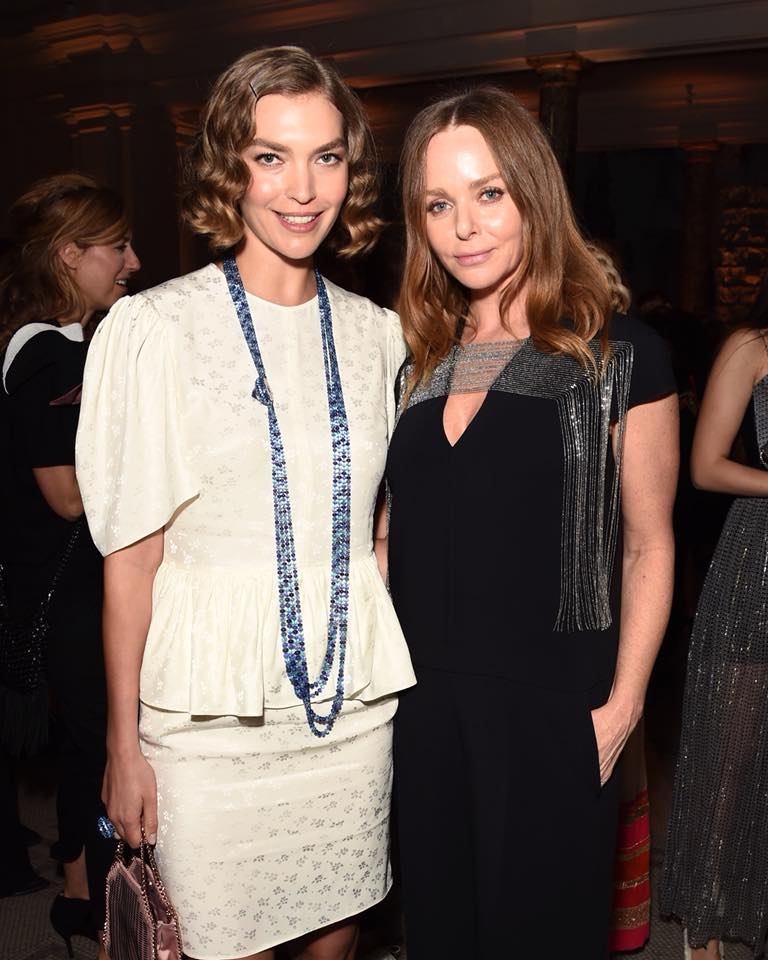
This April, at the Victoria and Albert Museum in London, Stella McCartney unveiled two new pieces created in collaboration with Bolt Threads and ColoriFix of the museum’s latest exhibition; #FashionedFromNature; photo: facebook.com/stellamccartney
The Sustainability Messengers: The Preference for high-end brands that embrace sustainability
Luxury brands are benefiting greatly from working with influencers who champion sustainability and green initiatives. Luxury brands that have adopted such initiatives include Porter Magazine. Powered by Net-A- Porter, the magazine dedicated its Summer escape issue to its partnership with Parley for the Oceans which aims to reduce plastic consumption. Similarly, Stella McCartney utilises the hashtags #GreenIsTheNewBlack and #MakeFashionCircular to promote their various sustainable initiatives.
The Baby Boomers – one segment that should not be ignored
Baby Boomers are more likely to ‘move on to high-end brands where they feel included and part of the dialogue. Walpole’s data shows that three out of the top five influencers producing the most content within the luxury fashion & accessories sector belong to the Baby Boomer Generation.
Unlike Millennials, Baby Boomer influencers like 63 year old David Evans (@greyfoxblog) have the spending power to afford both entry level and high-value luxury products. Vivienne Westwood (@viviennewestwood) champions for increased visibility of mature individuals within the luxury market.
According to WGSN “How to attract luxury consumers in 2020” research, the top three most effective trends to lure luxury consumers over the next years will be: exclusive collaborations with relevant partners 78%; secret and exclusive brand experiences 59%; personalised online experiences e.g. notifications 53%;
In an ever-changing luxury landscape, collaborations, whether product or artistic, will be key over the next years, with co-creation changing the emotional investment consumers have in a brand.
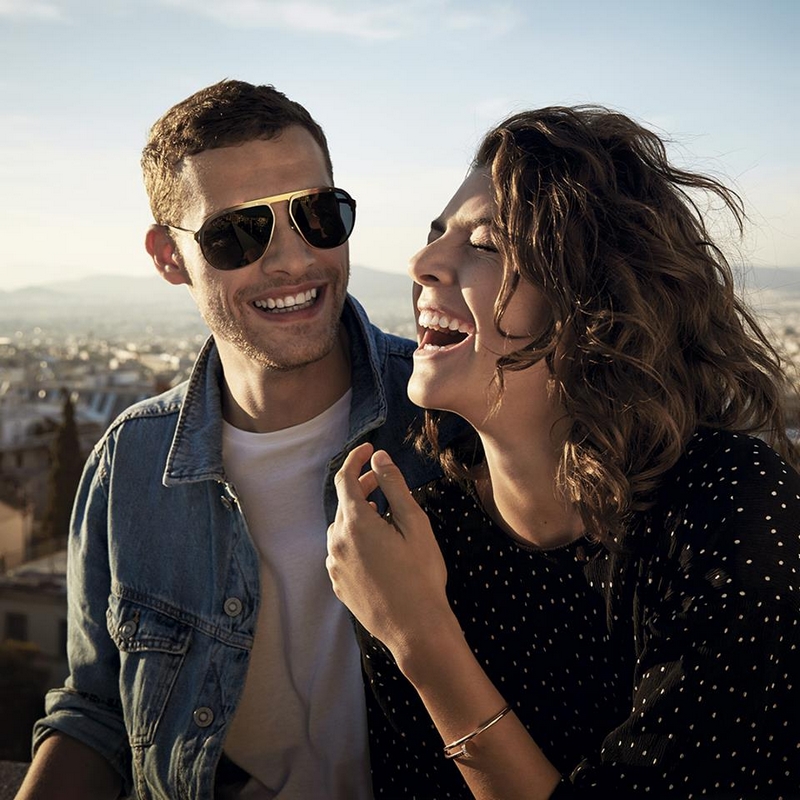
photo: facebook.com/cartier

